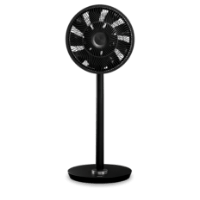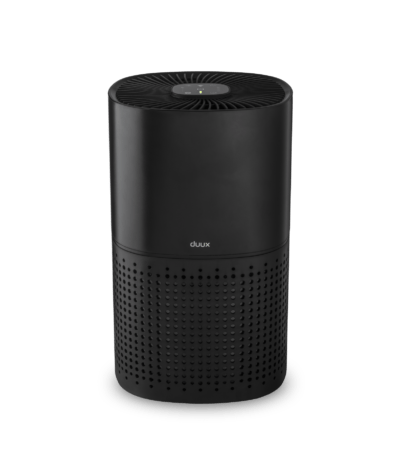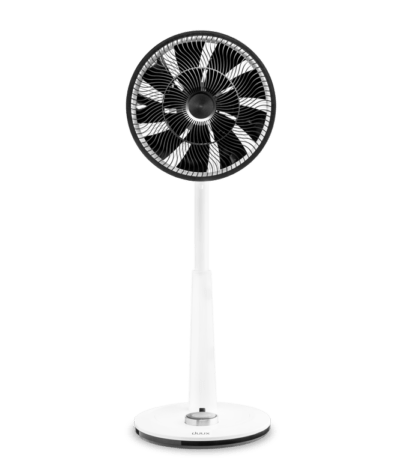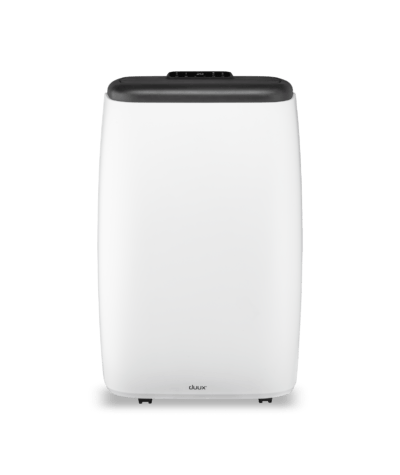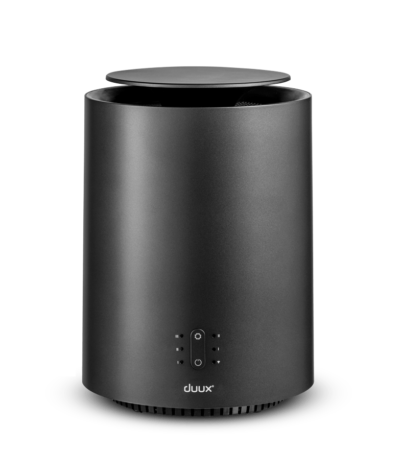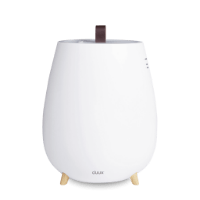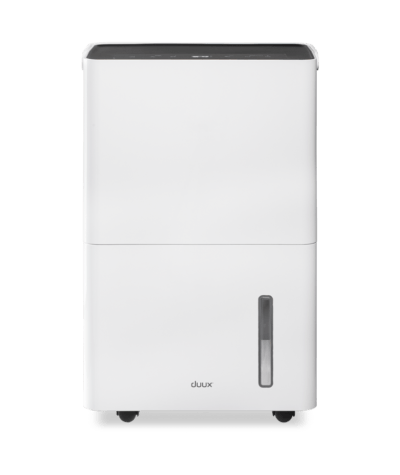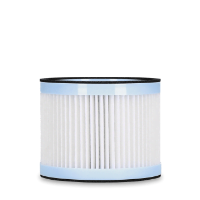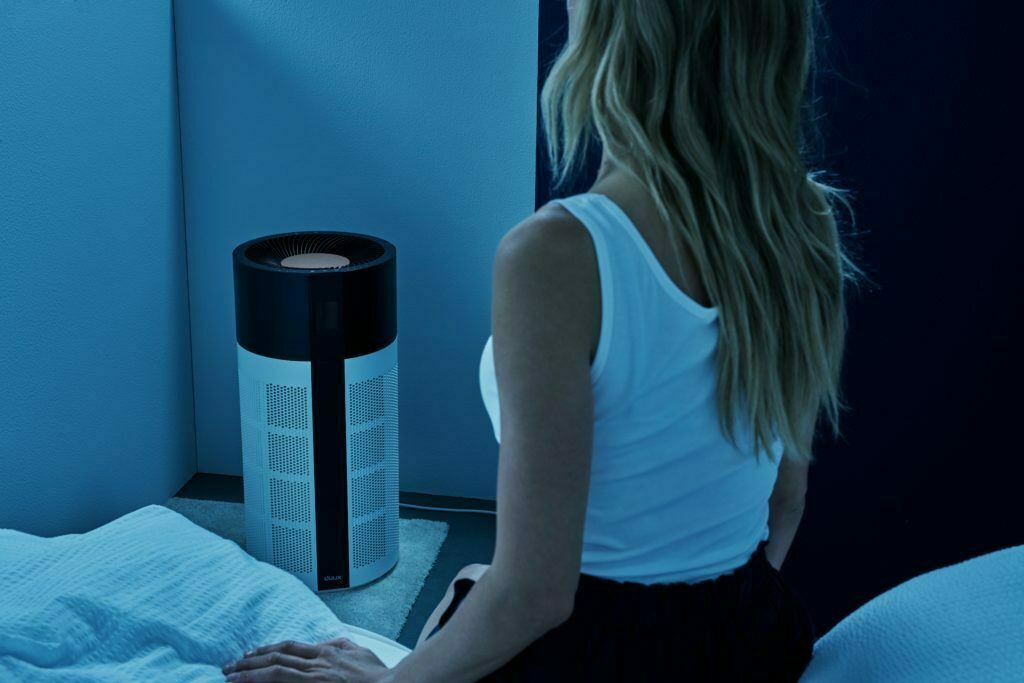Particulate matter causes poor air quality in most Dutch homes.
Air quality is insufficient in 1 in 7 Dutch homes most of the day due to particulate matter. This is according to the first results of a study commissioned by the Lung Fund.
"Too much particulate matter, insufficient air exchange, humidity problems and mold, may not seem so harmful at first glance, but can lead to fatigue, shortness of breath, respiratory infections and long-term lung diseases such as asthma and COPD."
The study is being conducted by Blauw Research among Dutch households. Using a special sensor, the levels of CO2, particulate matter (PM2.5), humidity and temperature were measured for nine months. Participants in the study also completed questionnaires.
in the evening
Elevated concentrations of particulate matter have been measured in almost all homes. This happens especially in the early evening. Particulate matter particles are also coming in from outside. Particulate matter is a collective term for all kinds of suspended minute particles, which can penetrate deep into the lungs. In the home, the particles are released by baking and frying, burning candles or the fireplace, among other things. The measurements also show that concentrations of CO2 rise during the evening, when most residents are home. In 1 in 10 homes, the advisory values are exceeded even for more than a quarter of the day.
Large-scale research
Indoor air expert Froukje van Dijken of BBA Indoor Environment is not surprised by the results: "We know from previous research that indoor air quality in homes often leaves much to be desired. Therefore, it is good and important that large-scale research is now being conducted into ways to increase residents' awareness of indoor air quality."
Health complaints
Too much particulate matter, insufficient air exchange, moisture problems and mold, may not seem so harmful at first glance, but can lead to fatigue, shortness of breath, respiratory infections and long-term lung diseases such as asthma and COPD. Michael Rutgers: "People spend more than 20 hours of their time indoors. It's important that the air there is healthy."
Majority unaware
According to the researchers, elevated concentrations of particulate matter were measured in almost all homes. "Many Dutch people do not know that they are breathing polluted air in their homes and that this can lead to health problems," said the researchers. As it turns out, 90 percent of households had never studied indoor air quality before. "Before, I had no idea about indoor air quality. Now with the sensor, I see that cooking has a huge impact on that air quality. That really surprised me," says participant Ad Brenters. The next phase of the study will examine whether understanding the air quality in the home also leads residents to take measures to make the air inside healthier.
Source: ANP

